Features > Property News & Insights > Housing Trends
Will Queensland’s big spending budget make the housing crisis worse?
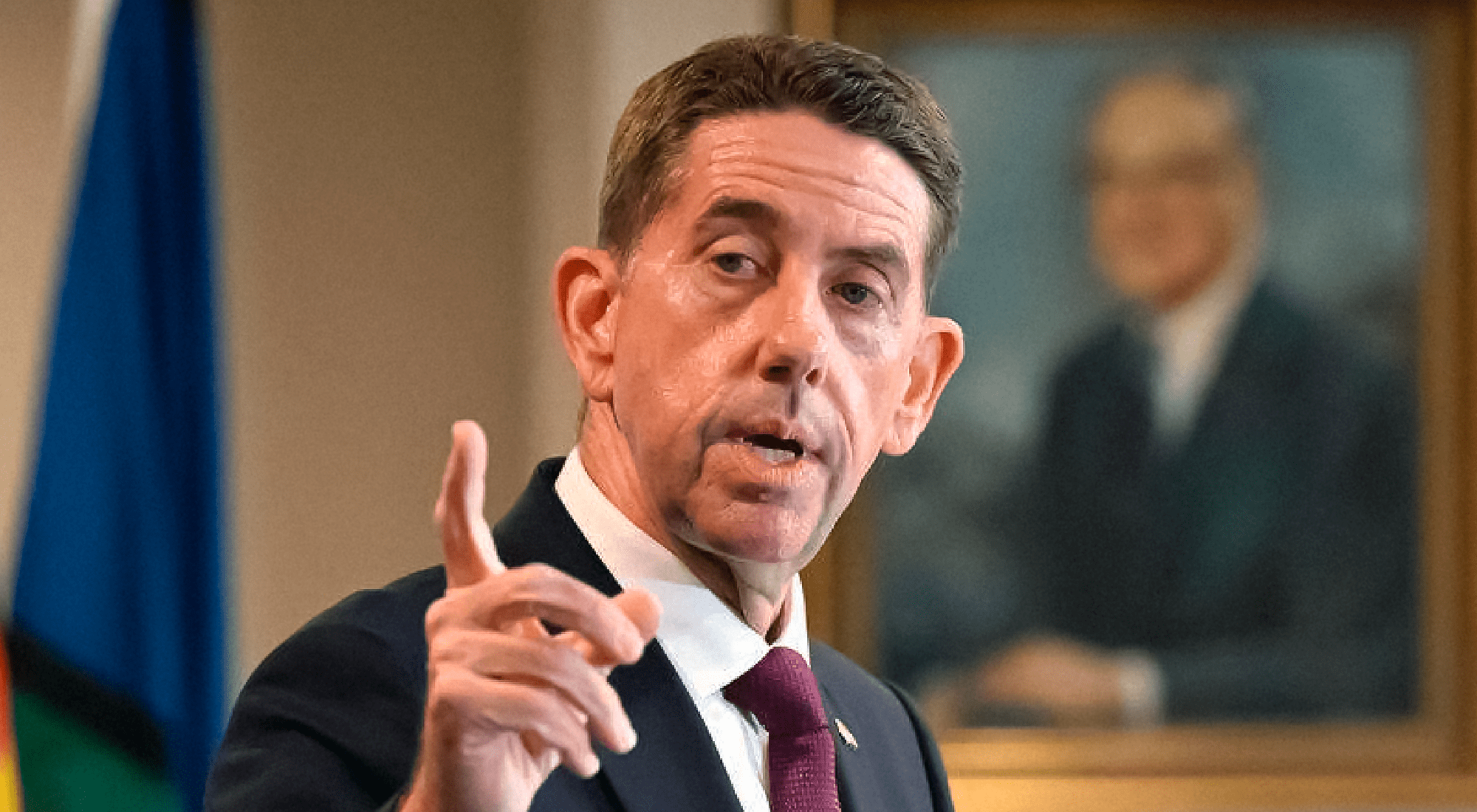
Image from AAP Image
KEY POINTS
- The Queensland Labor government’s state budget aims to provide significant cost-of-living relief to residents, including generous electricity bill rebates
- Some economists warn these measures may add to national inflation, potentially delaying rate cuts by the Reserve Bank of Australia and even prompting rate hikes, which could further burden mortgage holders around the nation
- The state budget also introduces more generous stamp duty concessions, aimed at boosting homeownership among young Queenslanders
- The property industry has warned funding the stamp duty changes by increased taxes on foreign investors will exacerbate property market pressures and worsen the already bleak outlook for renters in Queensland
The Queensland state government’s decision to deliver a big-spending budget, designed to bring substantial cost-of-living relief to the state’s five-and-a-half million people, could have an impact well beyond the Sunshine State’s borders.
Some economists believe budget measures will actually add to national inflation, forcing the Reserve Bank of Australia (RBA) to delay rate cuts and possibly even consider another rate hike.
With Australia’s cash rate at its highest point in 12 years, that would be a bitter pill to swallow for many cash-strapped mortgage holders.
A widened stamp-duty concession for first-home buyers could further increase the cost of entry-level homes in Queensland’s already booming property market. Meanwhile, there are warnings that the budget could make the state’s already tight rental market even worse for tenants.
The details
Facing an election in late October and trailing badly in the opinion polls, Labor Premier Steven Miles and his Treasurer Cameron Dick have unveiled a state budget that delivers about $11.2 billion dollars in concessions and rebates to Queensland families and businesses.
Households will receive a whopping $1000 off their electricity bills this financial year.
That’s in addition to the $300 national electricity bill rebate unveiled in the Federal budget in May.
Small businesses will get a $650 reduction in their electricity bills.
Among other cost-of-living measures, public transport fares will be slashed to 50 cents for six months, and car registration fees will be discounted by 20%.
Because the electricity subsidy payments are delivered directly to power companies, who pass them on to consumers as discounted bills, Mr Dick argues they will reduce, not add, to inflation.
"Queensland Treasury estimates the combined effect of cost-of-living measures from the Miles and Albanese Labor governments will reduce Brisbane's headline CPI (inflation) growth in 2024-25 by around 1.25 percentage points," he said.
The Commonwealth Bank economics team believes state and federal government electricity rebates will take half a percent off inflation in the three months to September and could send headline inflation below 3%.
The RBA is mandated to return inflation to its target band of 2-3%, using its only real tool: monetary policy or interest rate movements.
ANZ Senior Economist, Catherine Birch, believes that while they may have a short-term impact on headline inflation, government subsidies could contribute to higher price pressures over the medium term.
“Some of the Queensland cost of living measures will mechanically lower inflation, e.g. the electricity credits will cause deflation in electricity prices temporarily,” she said.
However, this will be “followed by inflation as prices faced by consumers rebound.”
And, Ms Birch says there’s another problem.
“The cost of living measures free up money that Queensland households may spend elsewhere, lifting demand growth and potentially meaning inflation more broadly is marginally higher than it would otherwise be.”
HSBC Chief Economist Paul Bloxham agrees.
“The key is that the return of more income to households is likely to support other spending, with these types of ‘cost-of-living’ measures likely to put upward, rather than downward, pressure on underlying inflation, which is what the RBA will be focused on,” he told The Australian Financial Review.
Property analyst Cameron Kusher from REA Group is also wary.
“The reaction to a potential lift in inflation when this temporary cost of living relief ends will also be an interesting one to watch, especially if it means higher interest rates or a longer period of elevated rates,” he said.
Home prices
Another key Queensland state budget announcement aimed firmly at younger voters is the lifting of the state government’s stamp duty threshold.
The exemption will be lifted from $500,000 to $700,000, with concessional rates phasing out at $800,000.
“I want young Queenslanders to have more opportunity than their parents, including the opportunity to own their own place,” Premier Steven Miles said.
Home values in Brisbane’s hot property market grew 3.9% in just the last three months and 16.3% over the past year.
CoreLogic figures commissioned by Australian Property Update show home values in “affordable” suburbs targeted by first-time home buyers—who will be eligible for the larger stamp duty exemptions and concessions—are already growing at up to five times the rate of the wider Brisbane area.
It’s our assessment that any new incentives that increase demand in these more affordable markets in Brisbane and other cities in Queensland will just accelerate prices even faster, pricing potential home buyers out of the market.
Tougher for renters
The increased stamp duty concessions, set to cost the state $90 million a year, will be paid for by increased property taxes on foreign investment.
The so-called “Additional Foreign Acquirer Duty” will now be levied at 8%, and the Foreign Land Tax Surcharge is set to increase to 3%.
The charges apply to Australian-based developers who sell 50% or more of planned property developments, usually apartments, to foreign buyers or companies.
The move has infuriated the Property Council of Australia (PCA).
The PCA’s Queensland Executive Director, Jess Caire, said the decision to increase taxes on investors with a portion of international funding “would be the final nail in the coffin for Queensland’s apartment stocks.”
“Queensland needs more homes built faster, and the state government’s decision to hit the companies we need to build those homes is beyond comprehension,” Ms Caire said.
“We recently released research showing there are no apartments planned for Brisbane beyond next year and today’s Budget will see that gulf in stock extend indefinitely.
“The people who will feel it the most are the Queensland families looking to rent, with these investors critical to building the large-scale apartment blocks needed to house renters.
“Taxing these companies more will simply result in them investing elsewhere, taking their money and housing stock with them; if you think it is hard to find a home in Queensland, this decision just made it a whole lot harder,” she said.
The take-out
While generous cost-of-living relief measures will be welcomed by Queenslanders, anything that risks adding to inflation and prolonging the current high interest rate environment would be a blow to all Australians with mortgages.
Brisbane already has a huge shortfall in apartments, so any increased taxes that discourage new residential buildings would be a disaster for Australia’s third-largest city.
Meanwhile, home values in the city’s “affordable” suburbs are already growing at well above the city-wide boom median.
Any incentives for the cohort that target these suburbs, like first-home buyers, are likely to send prices skyrocketing in these areas even higher.
Stay Up to Date
with the Latest Australian Property News, Insights & Education.




.png?width=292&height=292&name=Copy%20Link%20(1).png)
 SIGN UP FOR FREE NEWSLETTER
SIGN UP FOR FREE NEWSLETTER
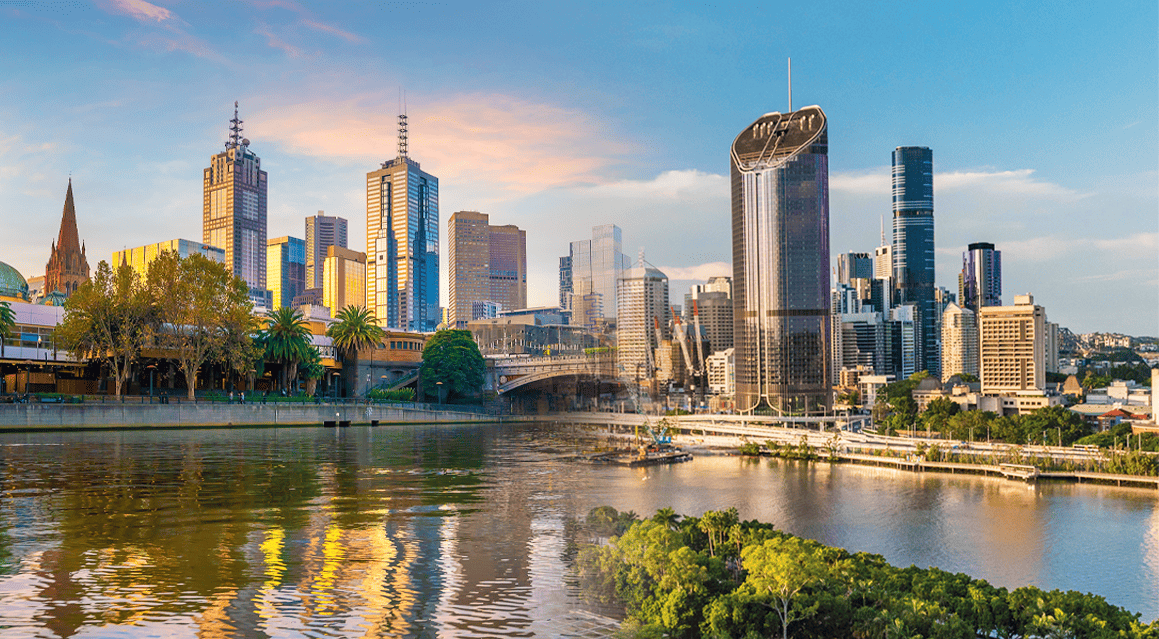
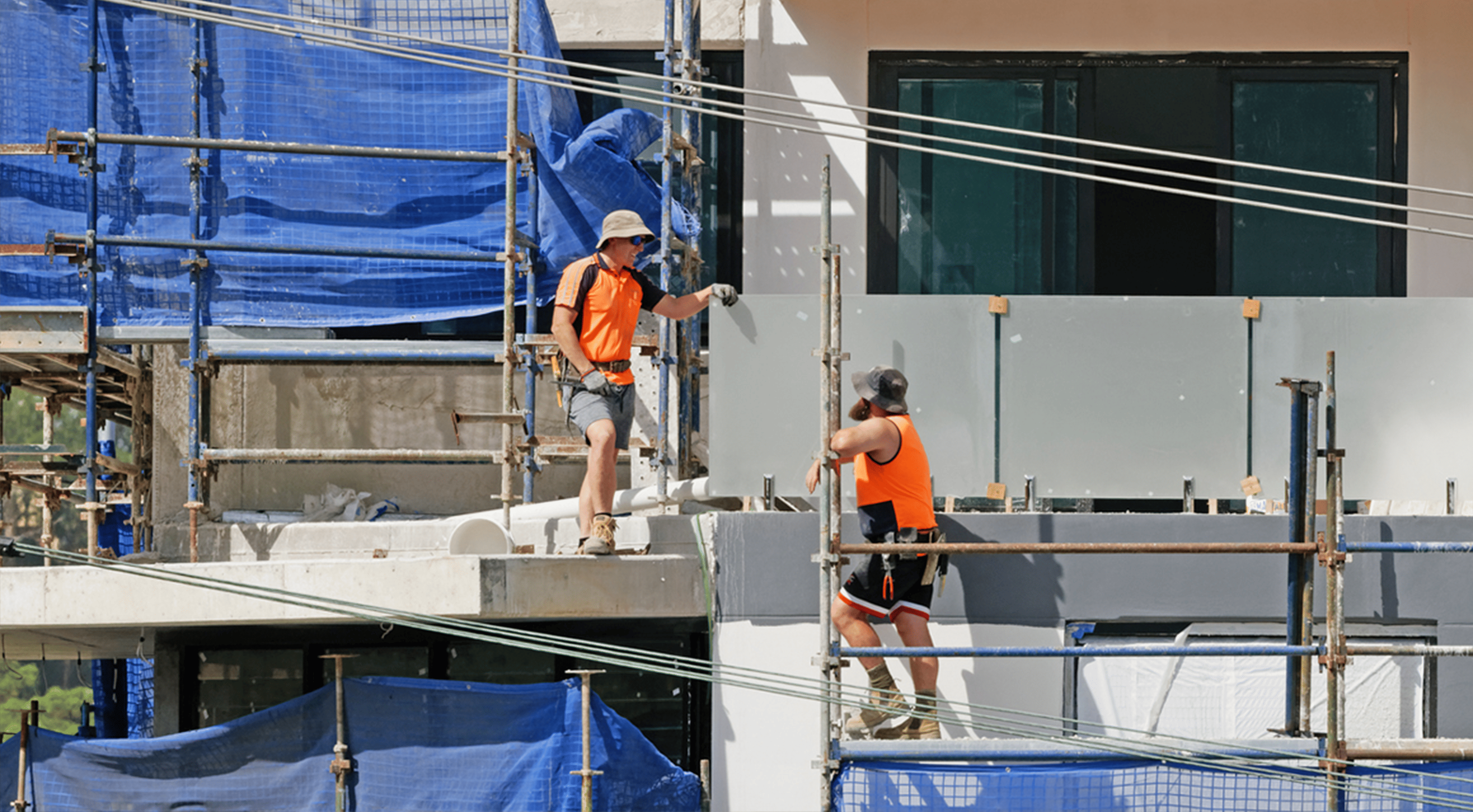
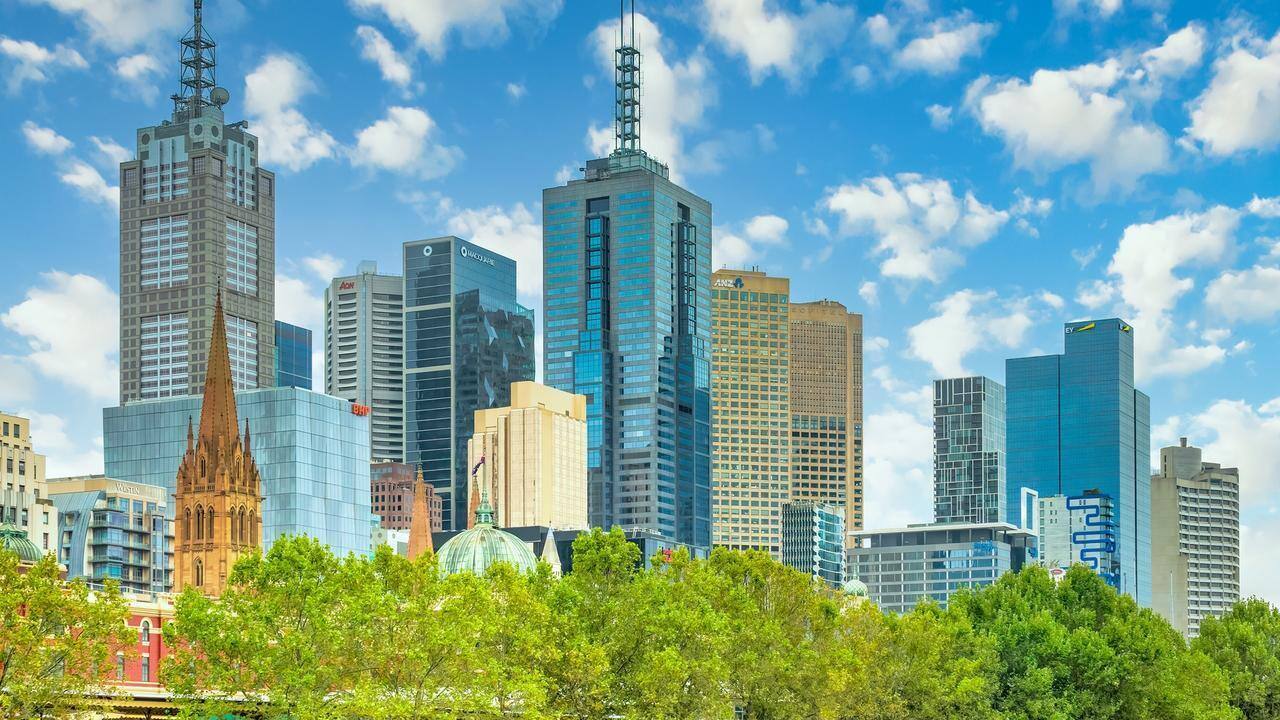
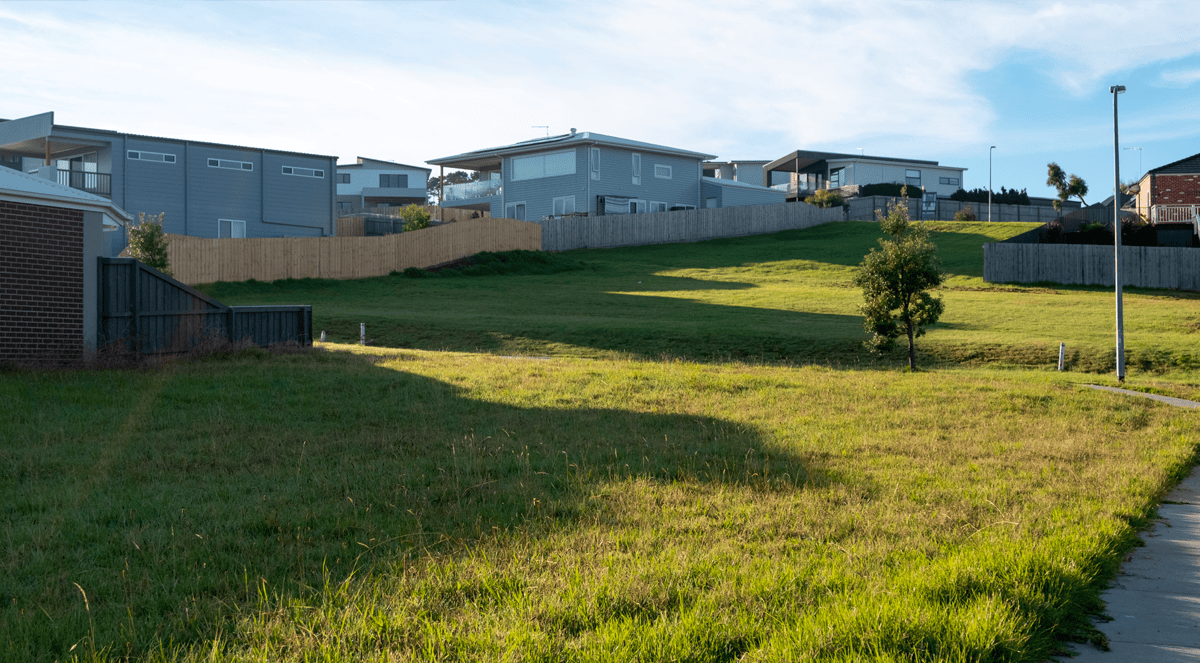
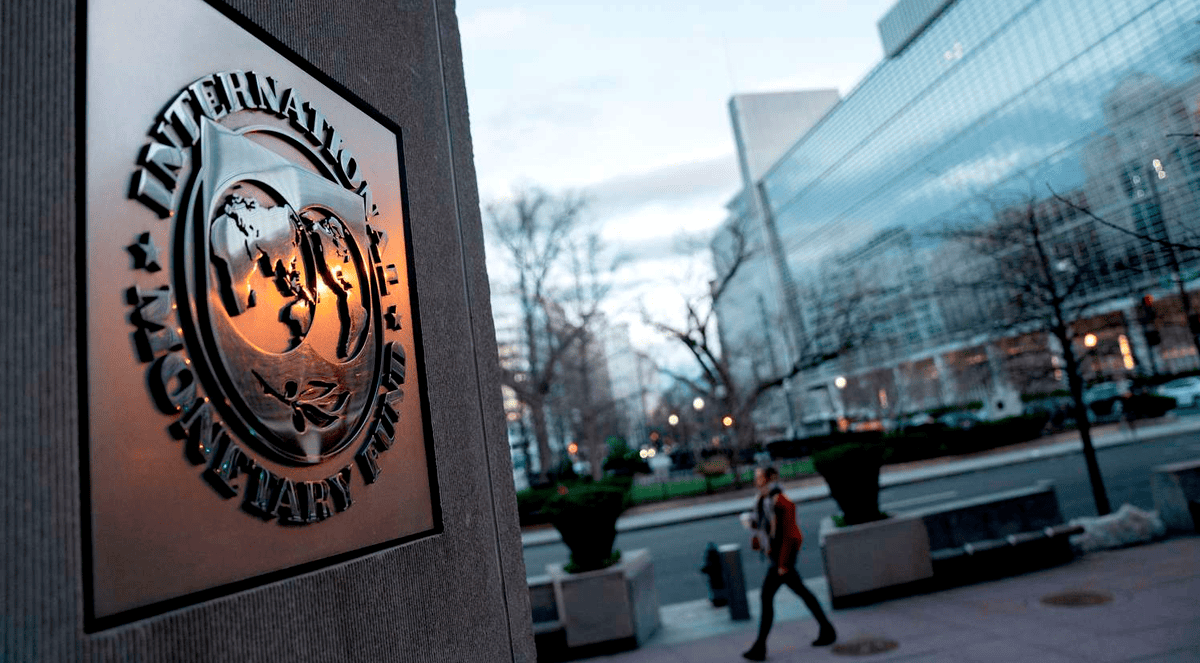
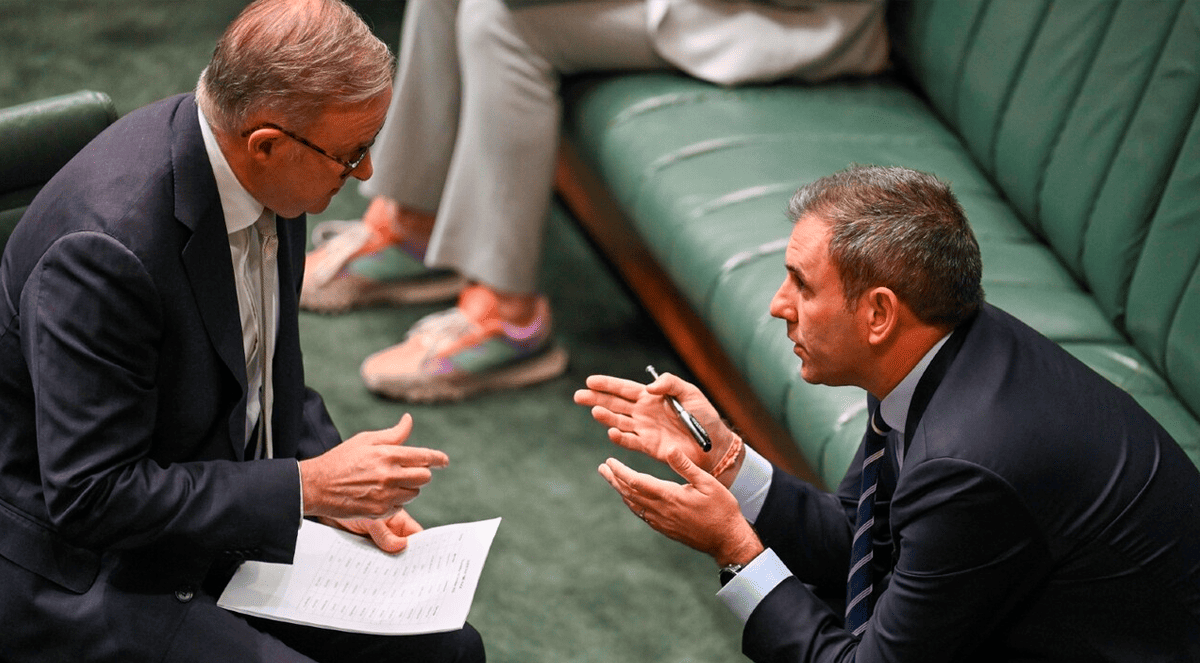
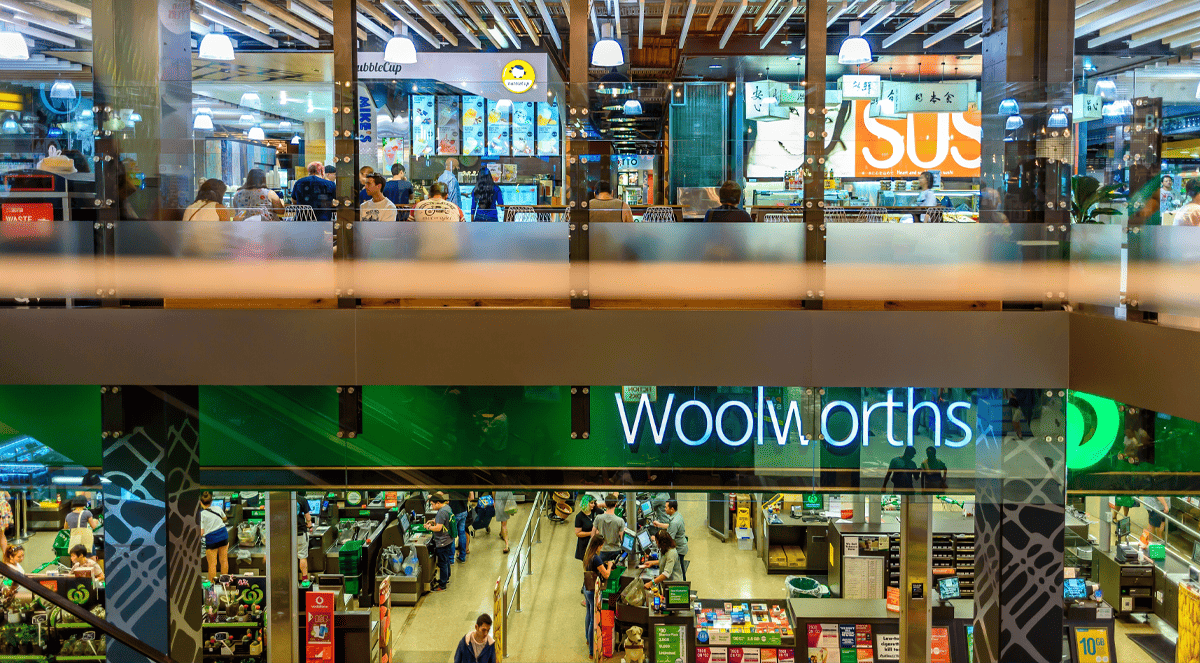
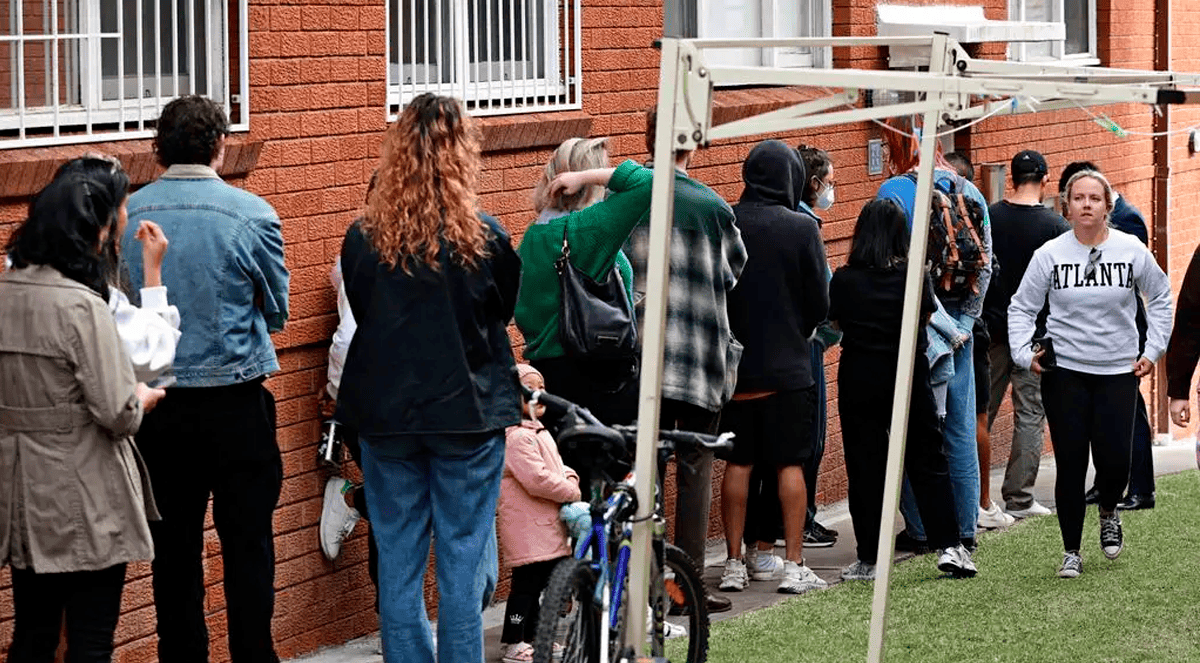


%20Scott%20Kuru%20DPU%20145.jpg?width=1920&height=1080&name=Senate%20Inquiry%20Forced%20the%20RBA%20to%20Admit%20the%20Housing%20Crisis%20Will%20Never%20Be%20Fixed%20(It%20Was%20All%20a%20Lie)%20Scott%20Kuru%20DPU%20145.jpg)



%20Scott%20Kuru%20DPU%20141.jpg?width=1920&height=1080&name=The%20Senate%20Just%20Exposed%20Australias%20Biggest%20$80%20Billion%20Housing%20Fraud%20(Inquiry%20Launched)%20Scott%20Kuru%20DPU%20141.jpg)




%20Scott%20Kuru%20DPU136.jpg?width=1920&height=1080&name=Aussies%20Just%20Got%20Hit%20With%20Double%20Taxes%20on%20Everything%20(This%20Has%20Gone%20Too%20Far)%20Scott%20Kuru%20DPU136.jpg)


%20Scott%20Kuru%20DPU%20133.jpg?width=1920&height=1080&name=JUST%20IN%20Something%20Major%20Just%20Flipped%20Australia%E2%80%99s%20Property%20Market%20for%202026%20(No%20One%20Saw%20This%20Coming)%20Scott%20Kuru%20DPU%20133.jpg)


.jpg?width=1920&height=1080&name=Rental%20Prices%20At%20Record%20Highs%20And%20Vacancy%20Rates%20At%20All%20Time%20Lows%20(New%20Data%20Reveals).jpg)
%20%20DPU%20EP%2014.jpg?width=1920&height=1080&name=Investors%20Shutting%20Out%20First%20Home%20Buyers%20(Investors%20At%20Record%20Highs)%20%20DPU%20EP%2014.jpg)

.jpg?width=1920&height=1080&name=Darwins%20Property%20Market%20Boom%20or%20Dangerous%20Gamble%20(REVEALED).jpg)

.jpg?width=1920&height=1080&name=The%20RBA%E2%80%99s%20Rate%20Cut%20Could%20Explode%20House%20Prices%20(Here%E2%80%99s%20Why).jpg)








.jpg?width=1920&height=1080&name=Warning%2c%20You%20Might%20Be%20Facing%20Higher%20Taxes%20Soon%20(1).jpg)




.png?width=1920&height=1080&name=Rate%20Drops%20Signal%20BIGGEST%20Property%20Boom%20in%20DECADES%20(1).png)

.jpg?width=1920&height=1080&name=Labor%20vs%20Liberal%20These%20Housing%20Policies%20Could%20Change%20the%20Property%20Market%20Forever%20(1).jpg)
.jpg?width=1920&height=1080&name=QLD%20Slashes%20Stamp%20Duty%20Big%20News%20for%20Investors%20%26%20Home%20Buyers%20(1).jpg)
.jpg?width=1920&height=1080&name=Trump%20Just%20Slapped%20Tariffs%20%E2%80%93%20Here%E2%80%99s%20What%20It%20Means%20for%20Australia%20(1).jpg)
.jpg?width=1920&height=1080&name=Federal%20Budget%202025%20More%20Debt%2c%20No%20Housing%20%E2%80%93%20Here%E2%80%99s%20What%20You%20Need%20to%20Know%20(1).jpg)
.jpg?width=1920&height=1080&name=Australias%20Housing%20Crisis%20is%20about%20to%20get%20MUCH%20Worse%20(New%20Data%20Warns).jpg)
%20(1).jpg?width=1920&height=1080&name=Australias%20RENTAL%20CRISIS%20Hits%20ROCK%20BOTTOM!%20(2025%20Update)%20(1).jpg)
%20(1).png?width=1920&height=1080&name=Is%20Adelaide%20Still%20a%20Good%20Property%20Investment%20(2025%20UPDATE)%20(1).png)
.jpg?width=1920&height=1080&name=RBA%20Shocks%20with%20Rate%20Cuts!%20What%E2%80%99s%20Next%20for%20Property%20Investors%20(1).jpg)
%20(1).jpg?width=1920&height=1080&name=I%20Predict%20The%20Feb%20Rate%20Cut%20(My%20Price%20Growth%20Prediction)%20(1).jpg)
.png?width=1920&height=1080&name=Why%20Property%20Prices%20Will%20Rise%20in%202025%20Market%20Predictions%20(1).png)
.jpg?width=1920&height=1080&name=Why%20Investors%20Are%20Choosing%20Apartments%20Over%20Houses%202%20(1).jpg)
.jpg?width=1920&height=1080&name=Why%20Rate%20Cuts%20Will%20Trigger%20A%20Property%20Boom%20(1).jpg)
.jpg?width=1920&height=1080&name=Retire%20On%202Million%20With%20One%20Property%20(Using%20SMSF).jpg)
.jpg?width=1920&height=1080&name=4%20Reasons%20Why%20You%20Should%20Invest%20in%20Melbourne%20Now%20(1).jpg)
%20(1).jpg?width=1920&height=1080&name=Old%20Property%20vs%20New%20Property%20(Facts%20and%20Figures%20Revealed)%20(1).jpg)
%20(1).jpg?width=1920&height=1080&name=Will%20The%20New%20QLD%20Govt%20Create%20a%20Property%20Boom%20or%20Bust%20(My%20Prediction)%20(1).jpg)
%20Scott%20Kuru%20(1).jpg?width=1920&height=1080&name=Inflation%20Hits%20Three-Year%20Low%20(Will%20RBA%20Cut%20Rates%20Soon)%20Scott%20Kuru%20(1).jpg)
.jpg?width=1920&height=1080&name=How%20to%20Buy%20Investment%20Property%20Through%20SMSF_%20The%20Ultimate%20Guide%20(1).jpg)
.jpg?width=1920&height=1080&name=Victoria%20Slashes%20Stamp%20Duty%20Melbourne%20Set%20to%20Boom%20Scott%20Kuru%20(1).jpg)
.png?width=1571&height=861&name=Are%20Foreign%20Buyers%20Really%20Driving%20Up%20Australian%20Property%20Prices%20(1).png)
.jpg?width=1920&height=1080&name=The%20Single%20Factor%20That%20Predicts%20Property%20Growth%20Regions%20(1).jpg)
%20Scott%20Kuru%20(1).jpg?width=1920&height=1080&name=My%20Prediction%20On%20Rates%20%26%20Negative%20Gearing%20(Market%20Crash)%20Scott%20Kuru%20(1).jpg)

-1.png?width=1920&height=1080&name=Major%20Banks%20Cut%20Rates%20Will%20RBA%20Follow%20Suit%20(Sept%20Rate%20Update)-1.png)
%20Scott%20Kuru-1.png?width=1920&height=1080&name=Rate%20Cut%20Coming%20What%20New%20Zealands%20Move%20Means%20for%20Australia%20(Sept%20Prediction)%20Scott%20Kuru-1.png)
%20(1).jpg?width=1920&height=1080&name=Buy%20when%20the%20interest%20rates%20are%20high!%20(Why%20you%20must%20buy%20now!)%20(1).jpg)
.jpg?width=1920&height=1080&name=Carms_Revised%20Taxes%20Due%20Aug%209%20YT%20Thumbnail02%20(1).jpg)
.jpg?width=1920&height=1080&name=Carms_Too%20Little%20Too%20Late%20Aug%207%20YT%20Thumbnail01%20(1).jpg)









.jpg?width=1920&height=1080&name=Carms_Rate%20Drop%20In%20July%20Jun%2010%20YT%20Thumbnail02%20(1).jpg)
.jpg?width=1920&height=1080&name=Carms_Own%20a%20Property%20V6%20Jun%205_YT%20Thumbnail%20(1).jpg)









.png?width=1920&height=1080&name=Artboard%201%20(3).png)






.jpg?width=1920&height=1080&name=YT%20thumbnail%20%20(1).jpg)

